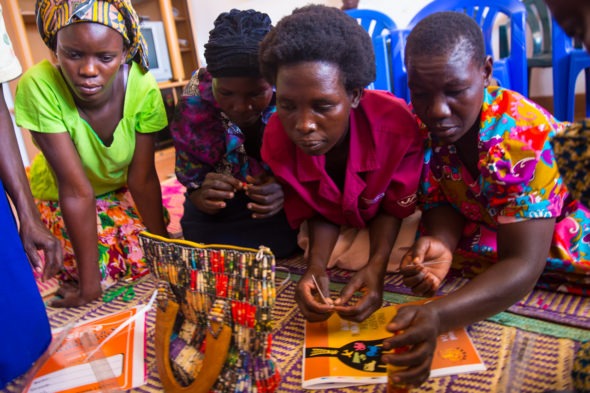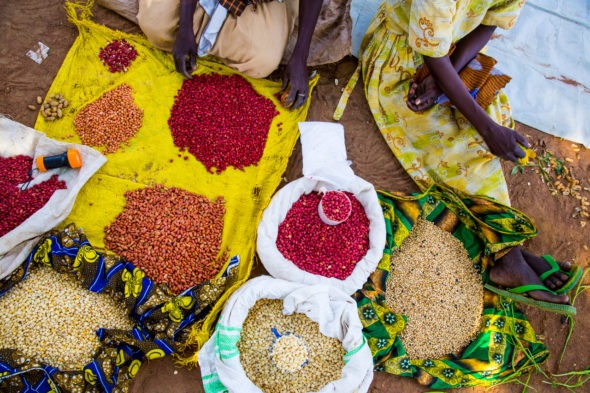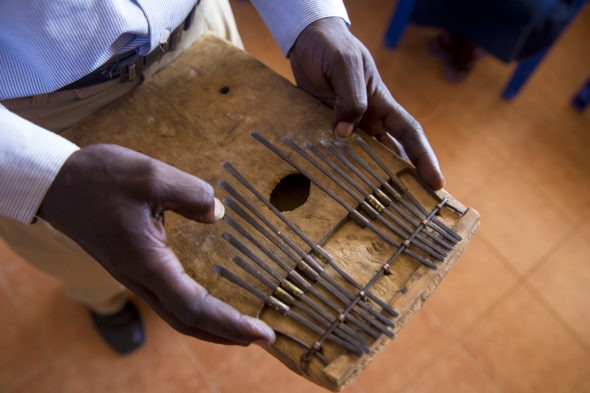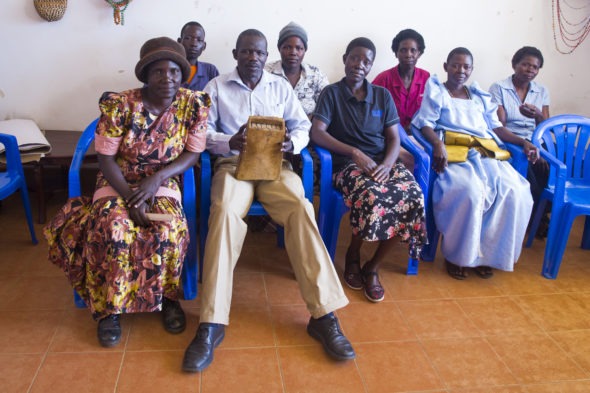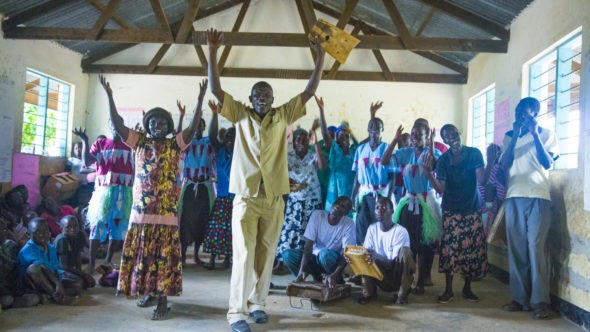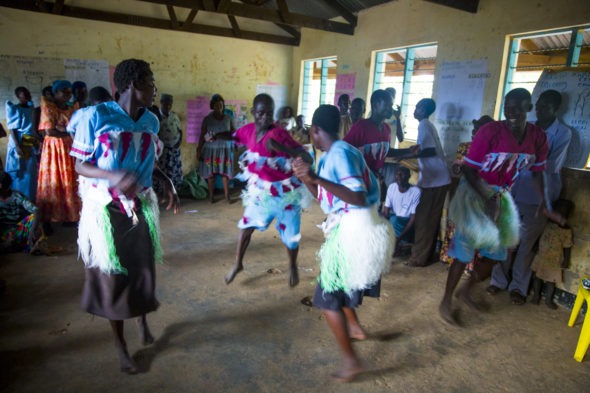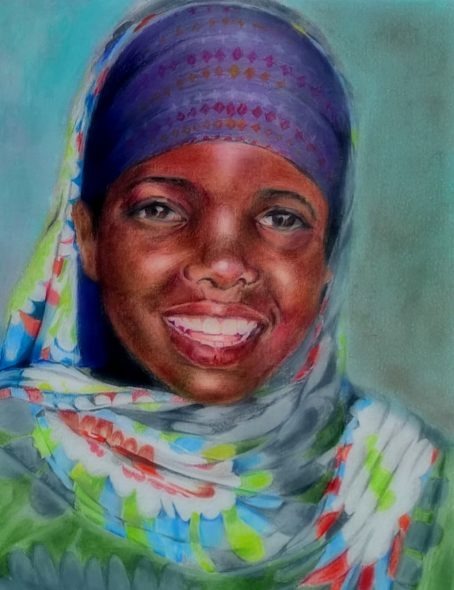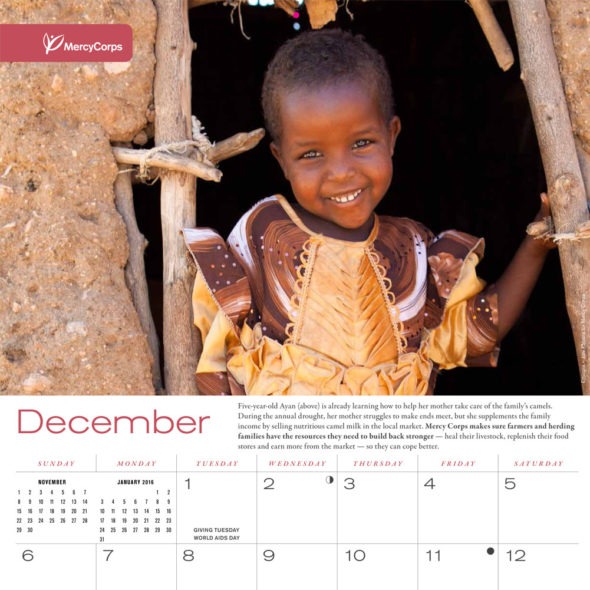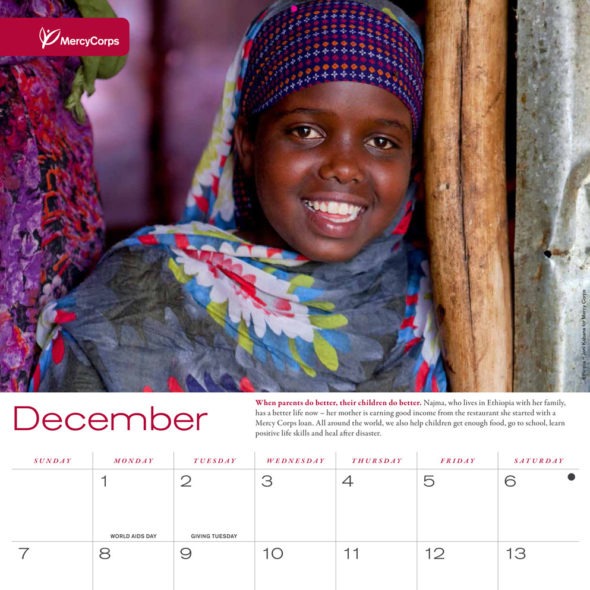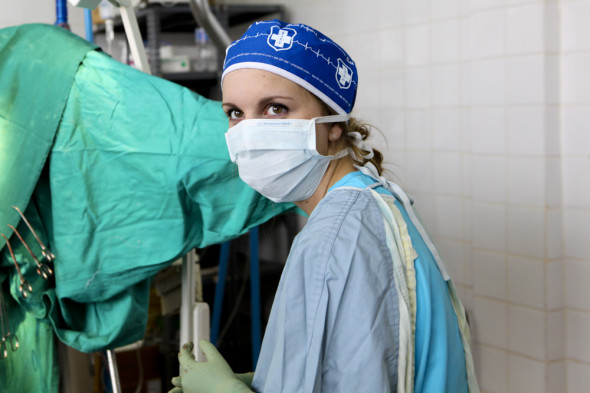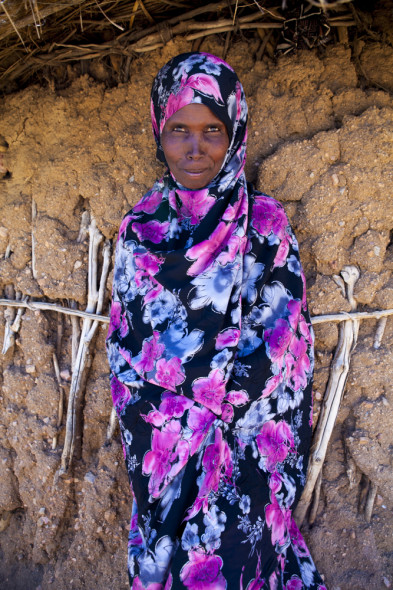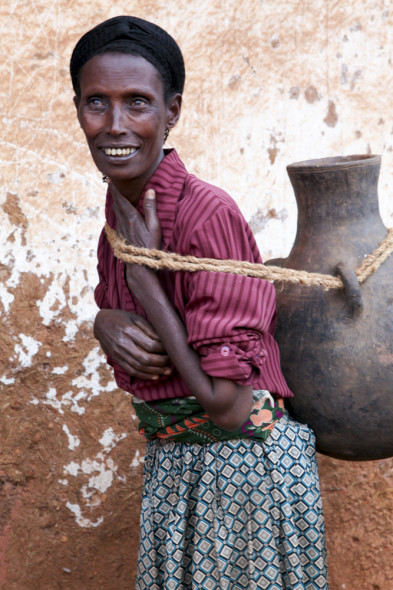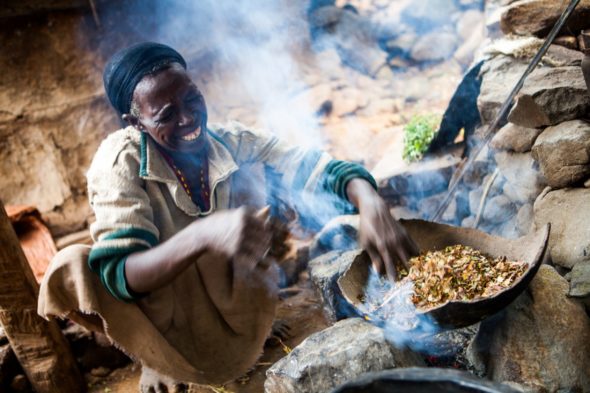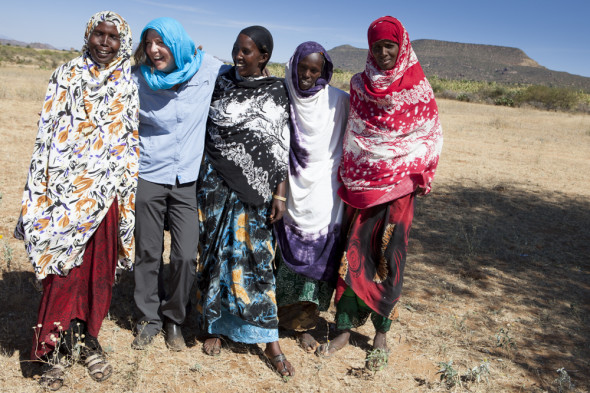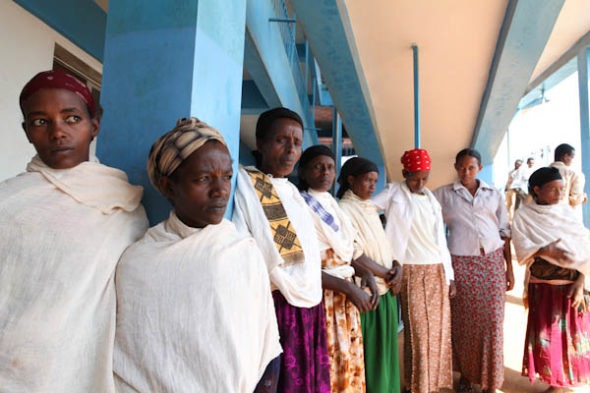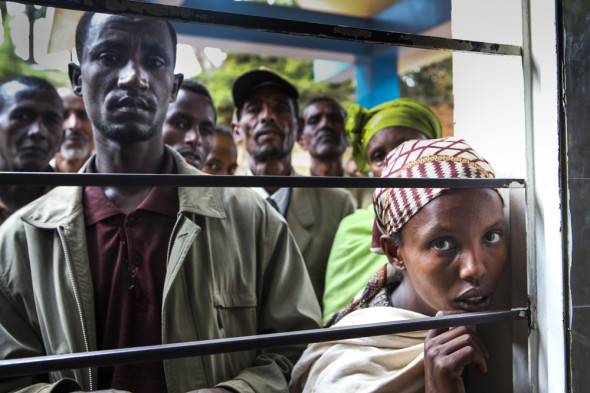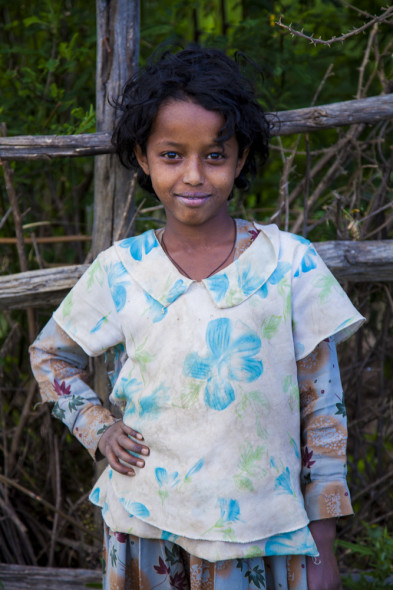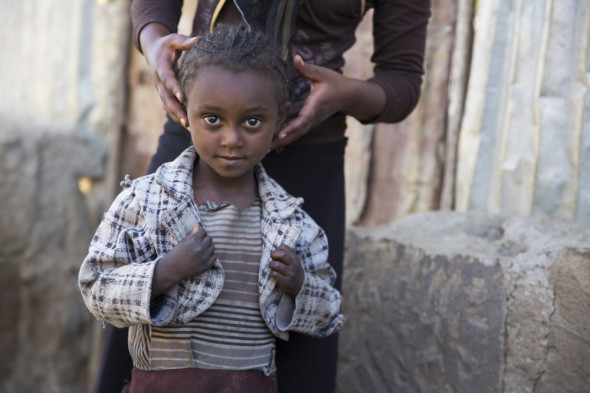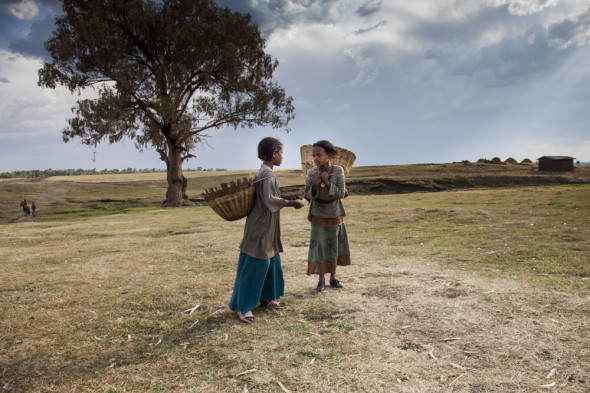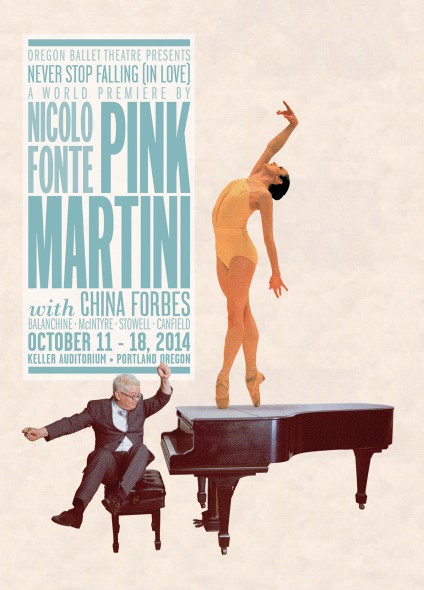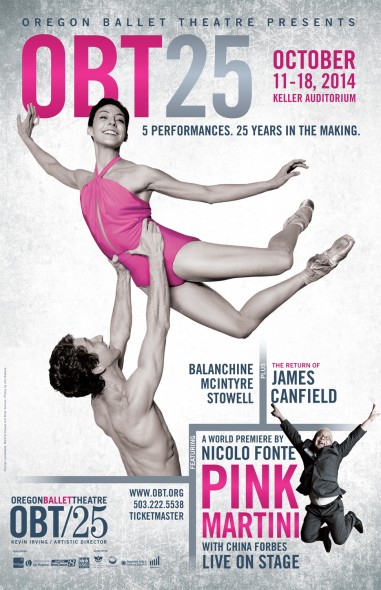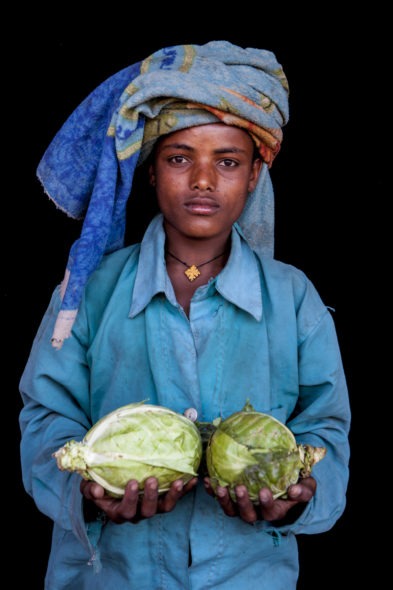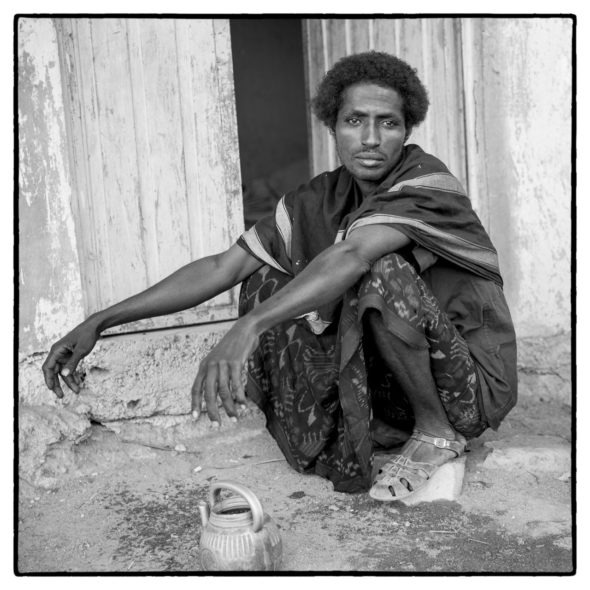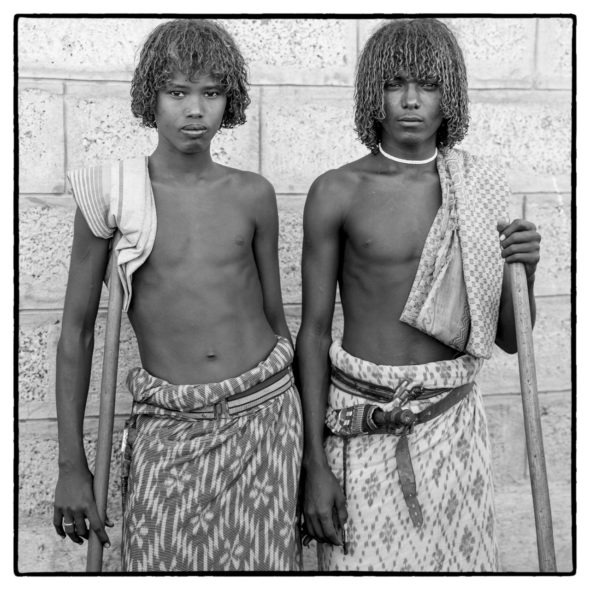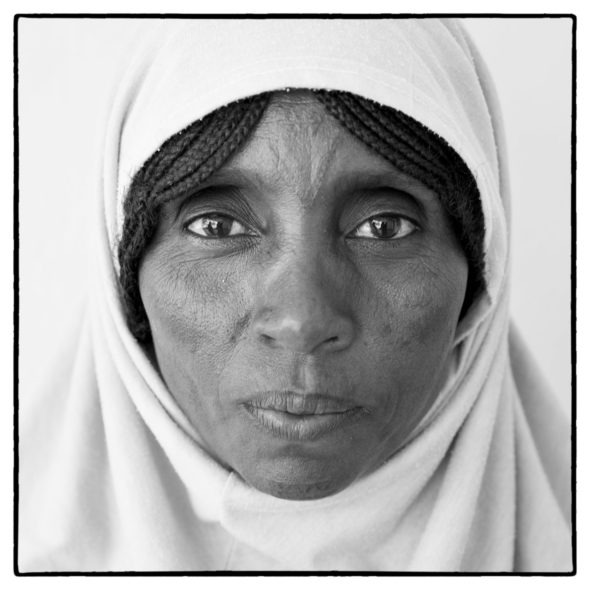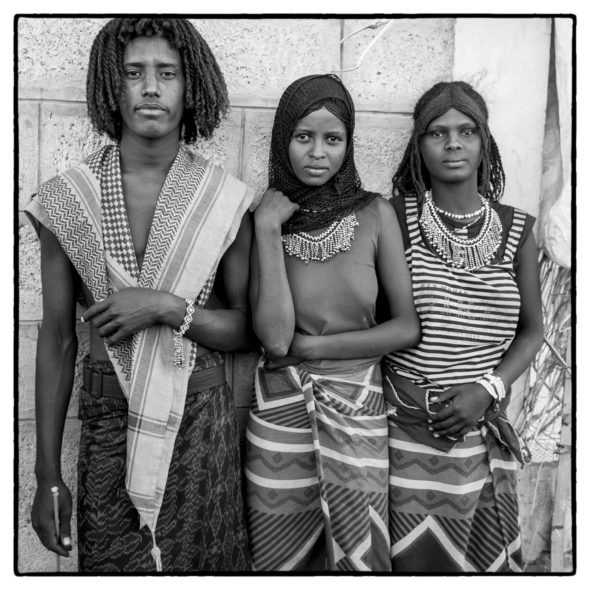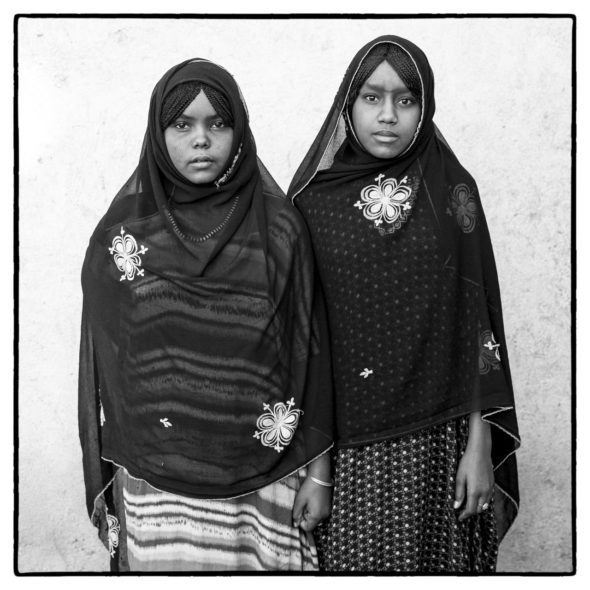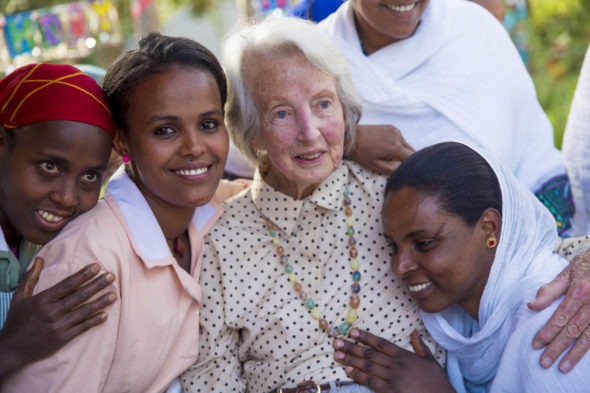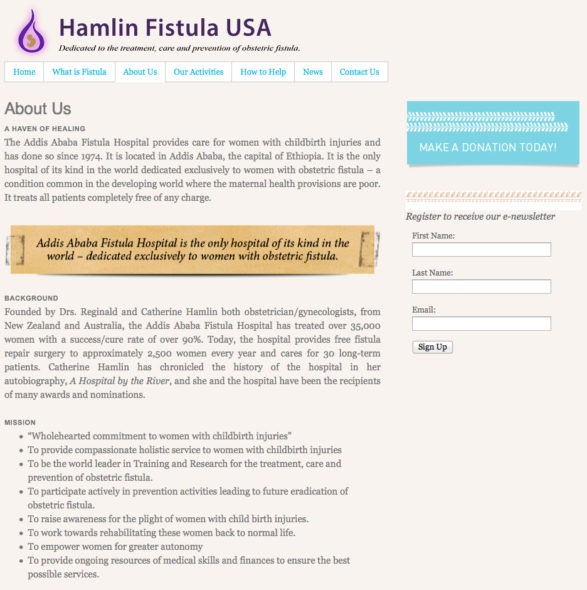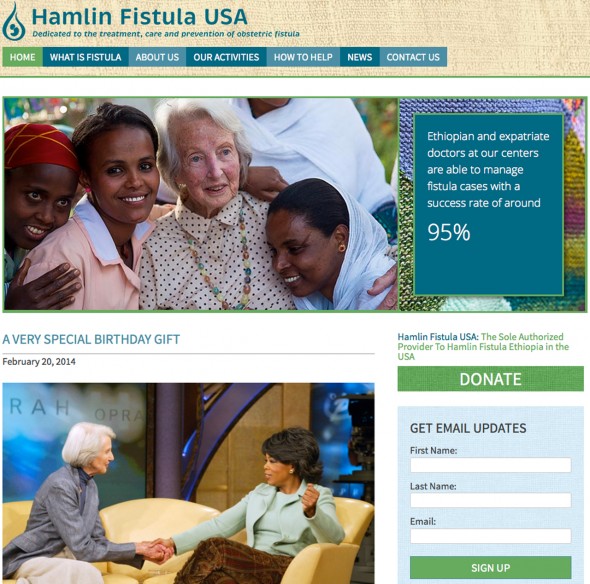“Yes!” I reply, and go on to tell her about the amazing homesteaders who made the soap and also live in the same valley as I do near Spray, Oregon.
“Well, we must learn how to do this. And very soon!” she exclaims, her voice brimming over with excitement.
And thus started the path of connecting goat milk soap-making in Oregon to a small village in Uganda.
This December, a small team will travel to Uganda to bring goat milk soap-making, inspired by Oregon homesteaders, to the small village of Soroti. Women who are survivors of fistula, many who have been shunned by their villages, must now learn small business skills in order to make a living and support themselves.
Already these women have learned sewing, bread and jewelry-making through the reintegration program coordinated by Terrewode, a local Ugandan organization. Its founder, Alice Emasu, grew up in the remote area her organization serves, studied at Washington University in the United States, and returned home to provide services for woman whose child birth injuries have been treated by a local surgeon.
Now these survivors will be able to add soap-making to their skill set.
It is surprisingly difficult to find soap in Africa, and when it is found, it is usually harsh to the skin. Goat milk soap, made from locally found oils such as palm and shea, will be a welcomed commodity for many. We expect that the demand for this kind of soap will provide excellent income for the women when they sell it at markets. It will also increase hygiene levels since the soap will be attractive to use.
In addition, Terrewode will also purchase the soap from the women so that it can be sold on a wider level so the income can support the organization’s programs.
This project has struck a chord with several Oregonians, and the rally for these women is astonishing. Oregon State University has assigned engineering students to design easy-to-use supplies (and has received an International Development Innovation Network Grant for the project), the University of Oregon will be handling financial planning, designer Dardi Troen, and film-maker Zach Krahmer and I have signed on to assist with training, packaging and documenting the process for future growth considerations. Bonnie Ruder, founder of the Uganda Fistula Fund, received an Evans Family Fellowship grant to enable her to assist with implementation follow-up.
The first phase of the project will be a volunteer pilot run where we will work with local materials and iron out any process obstacles while relaying much needed data to the university engineers and financial advisers who are already working in this area of Uganda.
We cannot do this work alone, and we are seeking support for this pilot. Donations will assist with transportation and supplies, and can be sent through Uganda Fistula Fund, where 100% of your donation is tax deductible and will be directed toward this project. Please indicate “SOAP PROJECT” when you make your donation.
We also are planning a very fun fundraiser! Details are:
208 NW 3rd Avenue, Portland, OR
Friday, October 30, 2015
6-7:30pm (doors open at 5:30pm – come early to get a seat!)
Follow along with our trial run in December and January via my Facebook and Instagram updates. We appreciate all interest and support of this project!
Ugandan women learn how to sew at Terrewode Integration Center.
Soon, fistula survivors will be able to include goat milk soap with the goods they sell at market.
